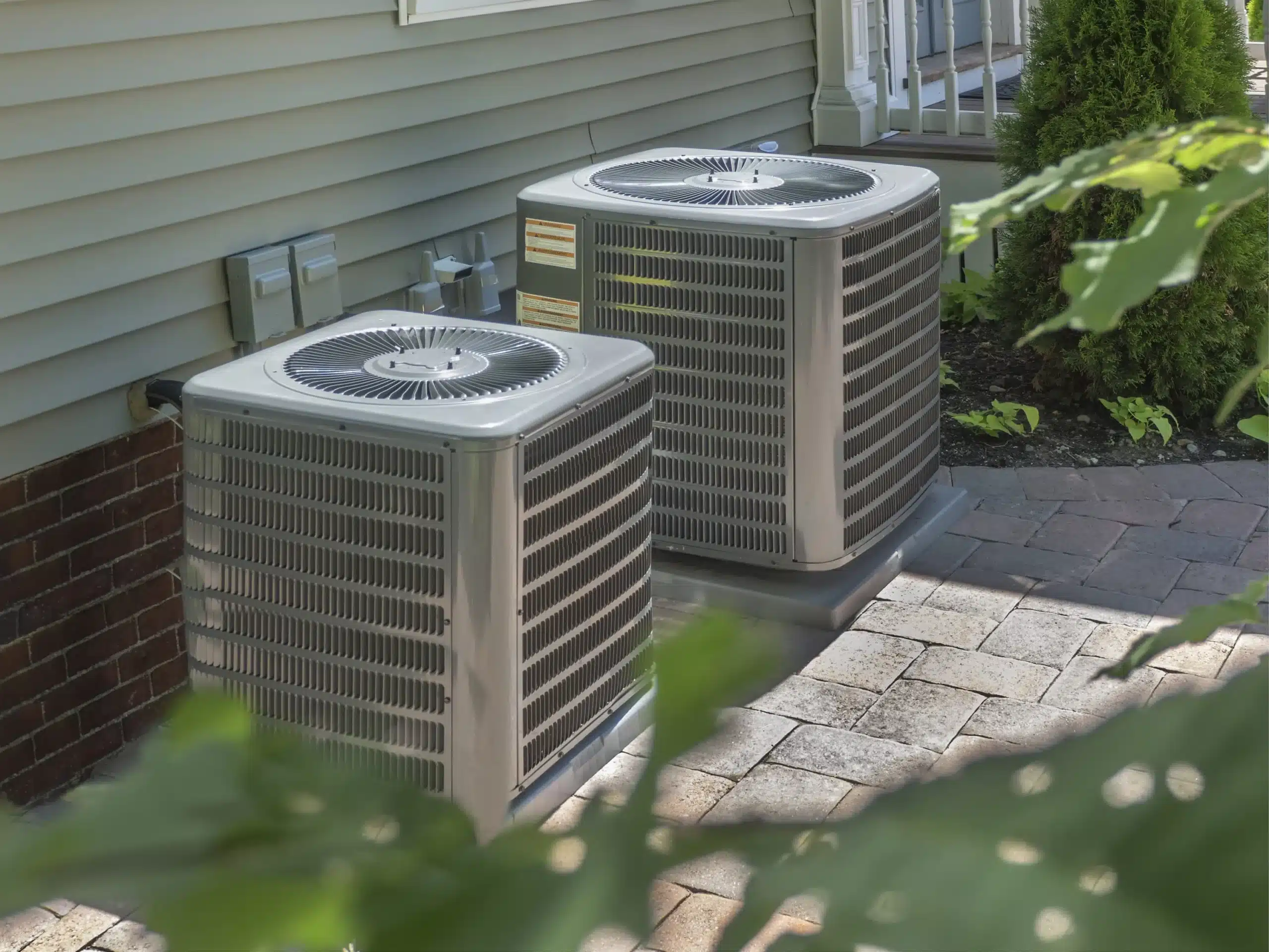Buying a new home is an adventure and exciting at the same time. It is a bit of a leap of faith when it comes to how well the HVAC system in your new home will operate, so you’ll want to do your due diligence to know how to effectively check HVAC system when buying a home. Having the right ambient temperatures in your living spaces is important. At the same time, HVAC repairs and replacements can be expensive, so you want to scrutinize everything when it comes to your energy system before you actually move into your new home.
The following recommendations will offer new home buyers sound guidance when it comes to checking the operation of the HVAC system. These tips should help to reduce the likelihood of things going wrong with your HVAC after you make the big move.
7 Tips to Check HVAC System when Buying a Home
Conduct a Basic Cost-Benefit Analysis
After putting down a significant amount of money for your down payment on your new home, the last thing you need is to turn around and spend more money on a new HVAC system. Central air conditioners can cost thousands of dollars in purchase and installation fees. You’d rather not endure the financial strain of having to purchase an HVAC or make major repairs to it right after your home purchase.
However, there are exceptions to this rule. Older homes could lend themselves to a very good deal financially that you might want to take advantage of. Consider the different scenarios of buying an older home – with a lower down payment – and upgrading your energy system, or purchasing a newer home and avoiding shelling out money for major repairs or a replacement of your HVAC system.
It is incumbent upon you to evaluate the value against the expense of upgrading the HVAC system to determine if it makes good financial sense to purchase it.
Visually Inspect the HVAC System
Be aware that furnaces, boilers, and air conditioning units are typically located in a basement or utility room. So don’t overlook them. Whenever you tour a new home, you need to also inspect the HVAC system, listening for any strange noises like clanging or hissing that could signal problems. Be on the lookout for water stains, cracks, rust, dents, and other damages on the HVAC equipment.
See about requesting HVAC maintenance records from the homeowner. Usually, previous owners are willing to provide the records if they have maintained their annual maintenance inspections.
If the HVAC system is 10 years to 15 years old, it will normally have to be upgraded. You might even try to negotiate a home purchase price discount if the home has an older HVAC unit.

Ask About HVAC System Age
HVAC systems don’t last forever. If the energy system is at least 15 years old, we recommend you replace it. Consider that while air conditioners, heat pumps, furnaces, and boilers can operate longer than 15 years – if well maintained – energy regulations and advances in technology make newer equipment significantly more energy efficient. As a result, you will actually save money with a newer, more energy-efficient HVAC unit.
The Department of Energy estimates that a 12-year-old central air conditioner that is replaced with a new Energy Star model – meaning it is more energy-efficient than standard models – could decrease your air conditioning bill by as much as 30 percent.
Inspect the Ductwork
In addition to examining the HVAC unit as a whole, be sure to inspect the ductwork throughout the home to ensure it is in good condition. Search for gaps, loose connections, or signs of condensation in the ductwork. What’s more, you will know the homeowner did not consistently do maintenance if the ductwork appears dusty.
Inquire About the Insulation
Your home’s insulation is pivotal to ensuring your HVAC system works efficiently. You don’t want substantial amounts of warm or cool air escaping from your home. Ask the homeowner what type of insulation the house has and when it was added. As insulation settles over many years, the home can develop leaks or drafts. These drafts cause your energy system to work harder, as it warms and cools your home unevenly.
Consider the Refrigerant Being Used
In older homes, the HVAC may use a refrigerant called R-22, which is now banned by the Environmental Protection Agency. However, if your HVAC system still operates on R-22, you can still use the refrigerant. The challenge comes in trying to find a regular supply. As a result, you might as well replace your HVAC system to utilize a safer type of refrigerant.
Look for the Energy Label
All heating and cooling equipment typically has a yellow energy label. This label reports the energy efficiency of the unit and its operating costs relative to similar equipment. These labels allow you to evaluate the HVAC equipment and determine if it meets the requirements of an Energy Star logo. Obviously, HVAC units that qualify are more energy efficient.
Boilers and furnaces are rated by annual fuel utilization efficiency (AFUE), which provides information on the amount of fuel that is converted to heat. The seasonal energy efficiency ratio (SEER) indicates how efficient an air conditioner is in converting electricity into cooling. In addition, the heating seasonal performance factor (HSPF) measures the heating efficiency of heat pumps.
When you evaluate the efficiency of the HVAC equipment in your new home, keep in mind that the rating on the label refers to a brand new unit. If the HVAC equipment has not been properly maintained, the unit is not going to be as efficient as the label states.
Considering buying a new home? Be sure to read our article 7 HVAC tips for new homeowners before and after the sale.
Look to Apollo Heating and Air Conditioning for Proper Maintenance of Your HVAC
Look to the HVAC experts at Apollo to ensure your energy system is in excellent condition during the winter season. We will also be happy to share energy saving tips with you to help you save money on HVAC usage for your home year-round!
We will work closely with you in deciding what HVAC system is the best, and tailor it to fit your unique needs and preferences!
Learn more by contacting Apollo Heating and Air Conditioning! Call us at (509) 396-COLD (2653).



